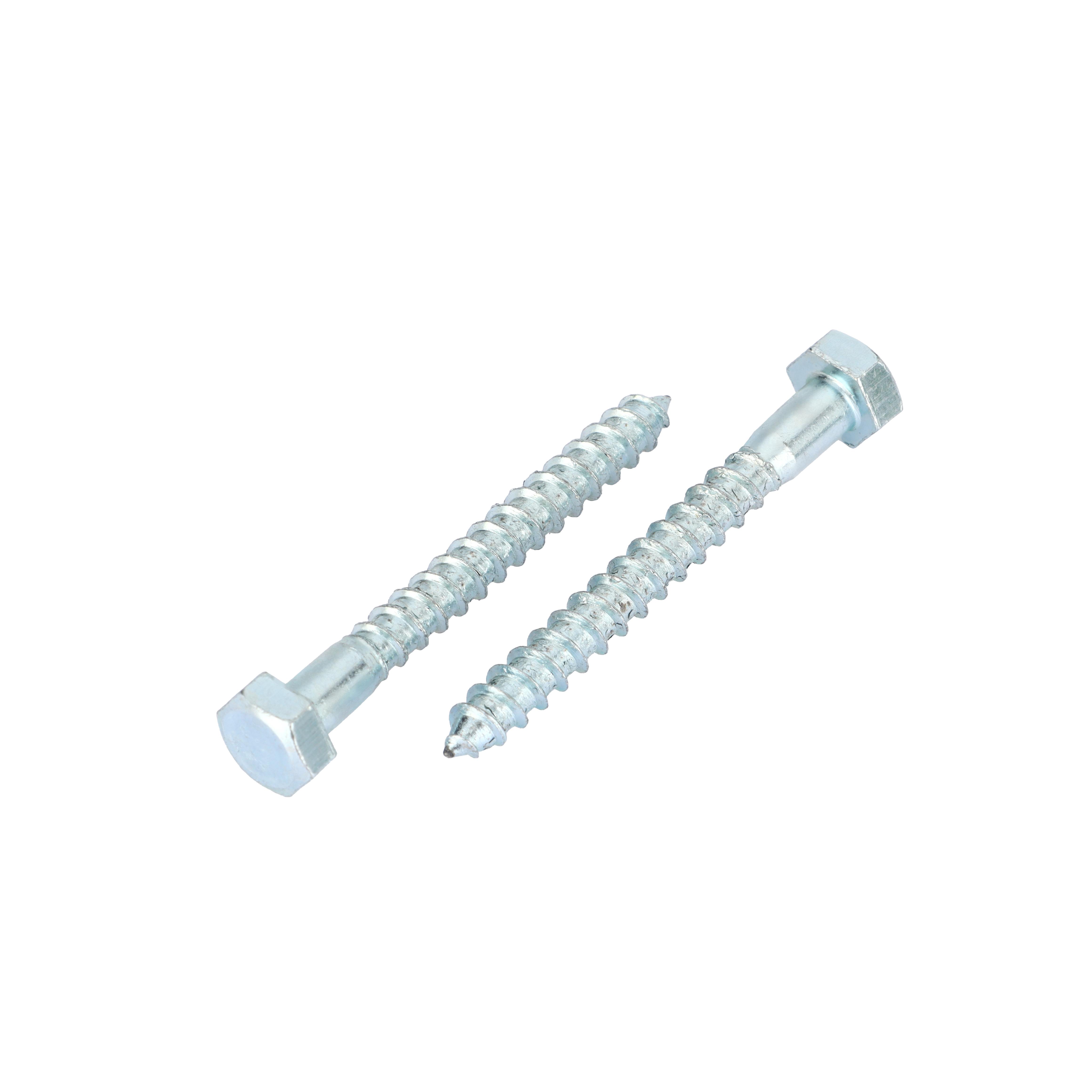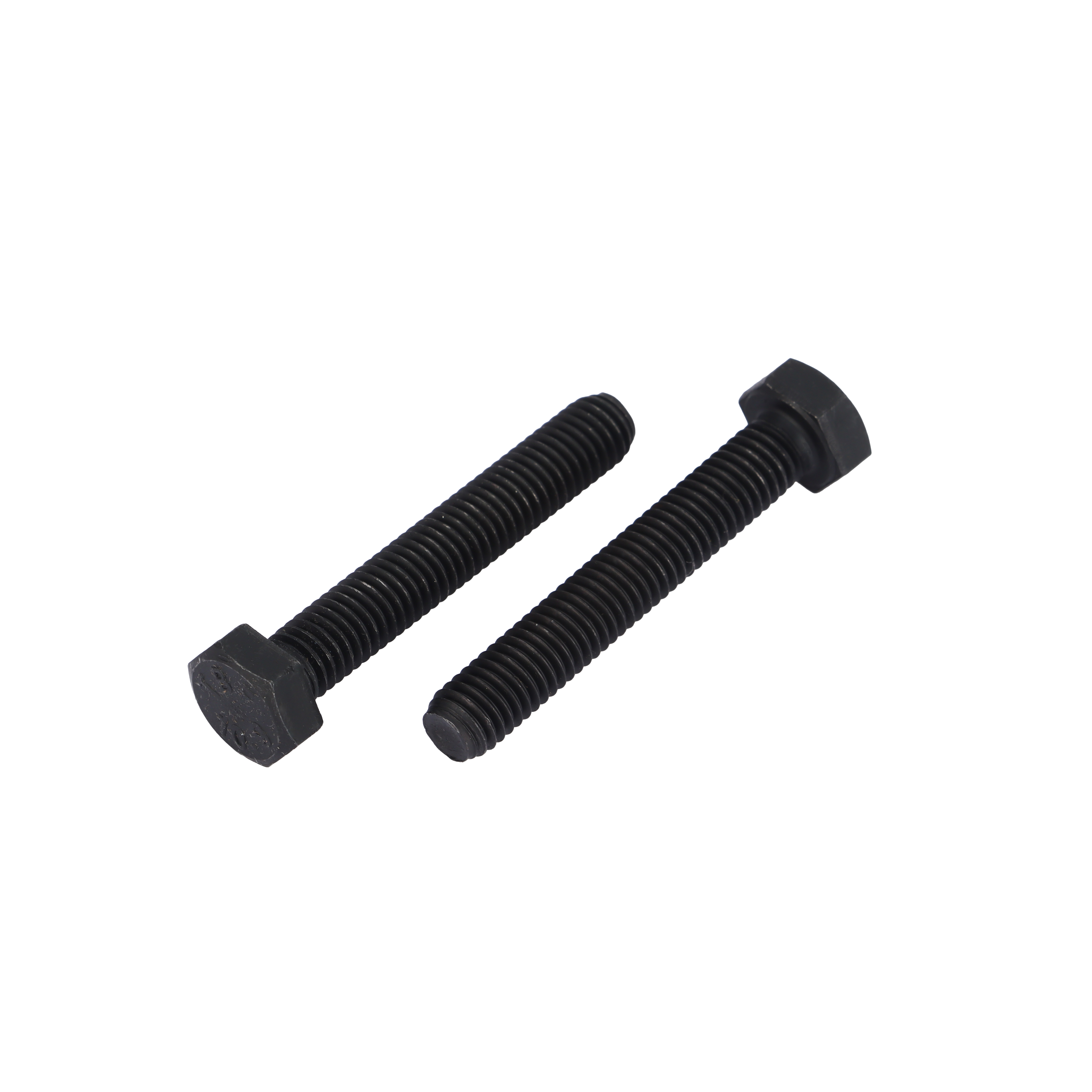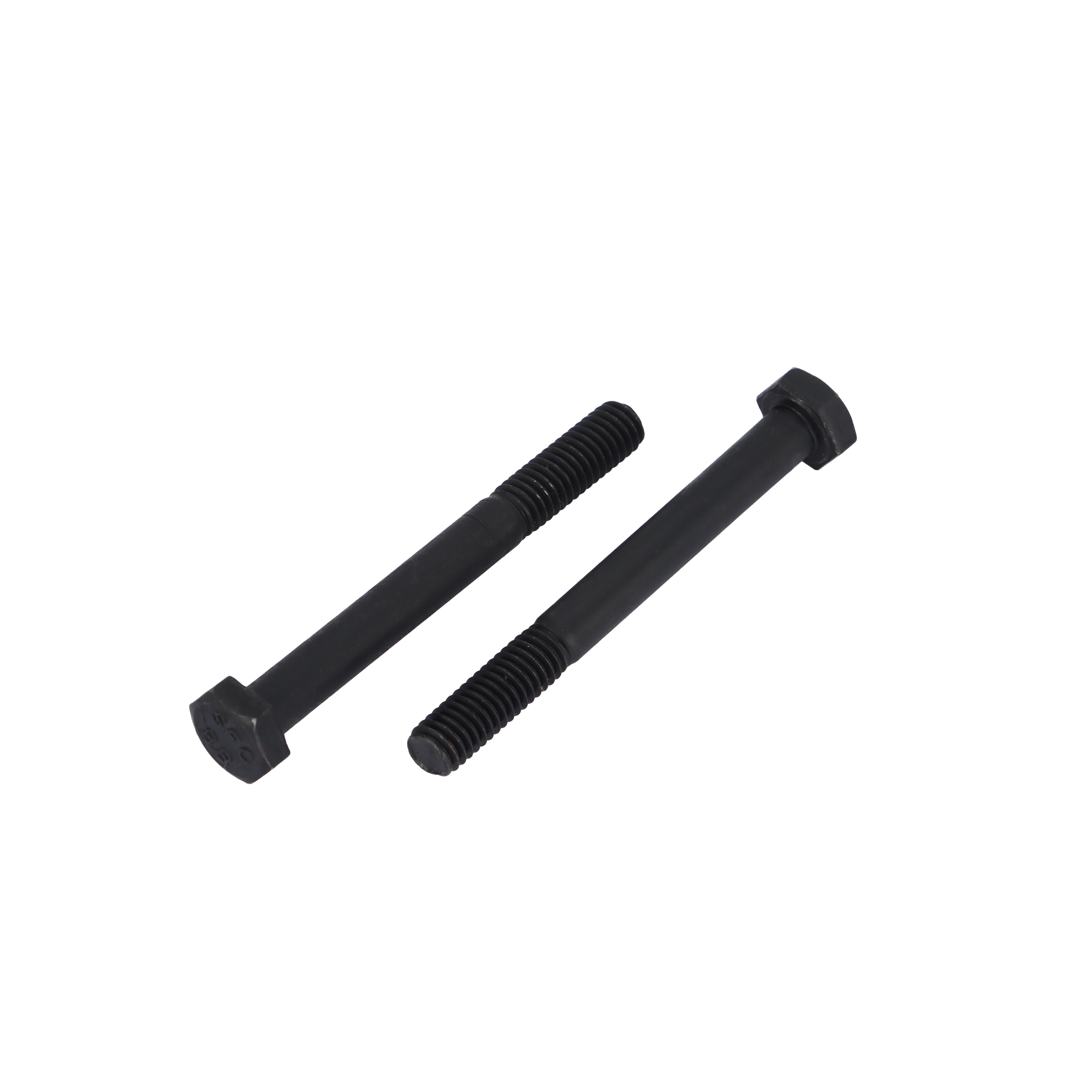지장성 가싱시 해안현 통원진 현도 119번지 +86 180 5863 3730 [email protected]
지장성 가싱시 해안현 통원진 현도 119번지 +86 180 5863 3730 [email protected]
알루미늄 육각 볼트는 기능성, 내구성 및 경량 설계의 완벽한 균형을 제공하는 독특한 특성 조합 덕분에 다양한 산업에서 높은 수요를 받는 고정 솔루션으로 부상하고 있습니다. 이 볼트는 육각형 머리와 알루미늄 구조로 특징지어져 있어 전통적인 강철 볼트가 가장 적합하지 않을 수 있는 응용 분야에 이상적인 선택입니다. 고품질 알루미늄 합금으로 제작된 알루미늄 육각 볼트는cellent 우수한 방부성, 낮은 밀도 및 좋은 강도 대 중량 비율을 가지고 있어 다양한 환경 조건에서 실내외 사용이 가능합니다. 알루미늄 육각 볼트의 육각형 머리 디자인은 다른 재질의 동종 제품과 유사하게 많은 실용적인 이점을 제공합니다. 일반 스패너와 소켓으로 쉽게 그리고 효율적으로 조이고 풀릴 수 있도록 하여 설치 및 제거 과정에서 안전한 그립을 보장합니다. 이 기능은 작업자가 필요한 토크를 정확히 적용할 수 있게 해주어 빠르고 번거롭지 않은 조립 및 분해 작업을 촉진시킵니다. 육각형의 평평한 면들은 힘을 안정적으로 적용하여 스트레스를 균등하게 분산시키고 미끄러짐 위험을 줄여 연결 구성 요소의 무결성을 유지하는 데 필수적입니다. 항공우주 산업에서는 알루미늄 육각 볼트가 중요한 역할을 합니다. 항공우주 부문은 강도와 신뢰성을 포기하지 않고 경량 재료를 우선시하며, 알루미늄 윙 볼트는 이를 완벽하게 충족합니다. 그들의 낮은 밀도는 항공기의 전체 중량을 줄여 연료 효율과 성능을 향상시킵니다. 이러한 볼트는 날개 조립, 기체 구조물, 엔진 마운트 등 항공기 건설의 다양한 중요한 부분에 사용됩니다. 비록 경량이지만, 알루미늄 육각 볼트는 비행 중 겪는 극심한 기계적 스트레스와 진동뿐만 아니라 고도에서 경험하는 급격한 온도 변화와 수분 및 부식 요소와 같은 혹독한 환경 조건에도 견딜 수 있습니다. 자동차 산업에서도 알루미늄 육각 볼트가 큰 혜택을 가져다줍니다. 연료 효율성과 차량 배출 가스 감축에 대한 관심이 증가함에 따라 경량 재료의 사용은 주요 전략이 되었습니다. 알루미늄 육각 볼트는 엔진 구성 요소, 서스펜션 시스템, 차체 조립과 같은 자동차 제조에 사용됩니다. 더 무거운 강철 볼트를 알루미늄 대체품으로 교체하면 차량의 공차 중량을 줄여 연료 경제성을 향상시키고 성능을 강화할 수 있습니다. 또한, 알루미늄 육각 볼트의 방부성은 도로 염, 수분 및 도로에서 자주 접촉하는 기타 오염 물질에 노출되더라도 시간이 지남에 따라 기능과 외관을 유지할 수 있도록 합니다. 건설 및 인프라 부문에서는 알루미늄 육각 볼트가 다양한 프로젝트에 적용됩니다. 이들은 방부성이 중요한 실외 구조물, 예를 들어 다리, 실외 표지판 및 해양 관련 건설에서 특히 유용합니다. 습기와 염수에 노출될 때 녹슬고 부식되기 쉬운 강철 볼트와 달리, 알루미늄 육각 볼트는 자주 유지 관리나 교체 없이 장기간 구조적 무결성을 유지할 수 있습니다. 이는 소유 비용을 줄이는 것뿐만 아니라 구조물의 안전성과 수명을 보장합니다. 또한, 미학이 중요한 건축 응용 분야에서는 알루미늄 육각 볼트의 매끄럽고 깔끔한 외관이 건축물의 시각적 매력을 높일 수 있습니다. 알루미늄 육각 볼트의 제조 과정에는 일관된 품질과 성능을 보장하기 위한 선진 기술이 포함됩니다. 다양한 응용 분야의 특정 요구 사항에 따라 신중하게 선택된 고급 알루미늄 합금은 단조 또는 압출과 같은 공정을 통해 형성됩니다. 성형 후 볼트는 기계적 특성을 개선하기 위해 열처리와 같은 추가 처리와 아노다이징 또는 분말 도장과 같은 표면 마감 공정을 거쳐 방부성과 외관을 더욱 향상시킬 수 있습니다. 제조 과정 전반에 걸쳐 엄격한 품질 관리 조치가 시행되어 각 알루미늄 육각 볼트가 업계 표준을 충족하거나 초과하도록 합니다. 알루미늄 육각 볼트는 다양한 크기, 나사 사양 및 등급으로 제공되어 다양한 고정 요구 사항을 충족합니다. 서로 다른 알루미늄 합금은 다양한 수준의 강도와 방부성을 제공하여 사용자가 특정 응용 분야에 가장 적합한 볼트를 선택할 수 있도록 합니다. 예를 들어, 구리 함량이 높은 합금은 더 높은 강도를 가지며, 마그네슘과 규소가 더 많이 함유된 것은 방부성이 향상됩니다. 이러한 옵션의 다재다능함은 DIY 작업에서부터 대규모 산업 응용까지 모든 프로젝트에 적합한 알루미늄 육각 볼트가 있다는 것을 보장합니다. 결론적으로, 알루미늄 육각 볼트는 여러 산업에서 신뢰성 있고 다목적의 고정 솔루션으로 자리 잡았습니다. 그들의 경량이며 튼튼한 구조, 탁월한 방부성 및 사용 용이성은 전통적인 강철 볼트의 매력적인 대안을 제공합니다. 고도 기술 항공우주 산업, 끊임없이 발전하는 자동차 부문 또는 광범위한 건설 및 인프라 영역에서 알루미늄 육각 볼트는 현대 응용 프로그램의 요구를 충족하는 안정적이고 오래 지속되는 연결을 제공하면서 계속해서 가치를 입증하고 있습니다.




